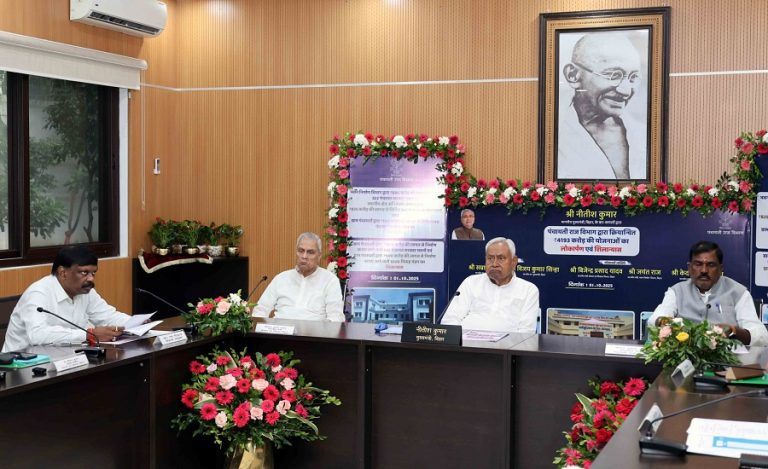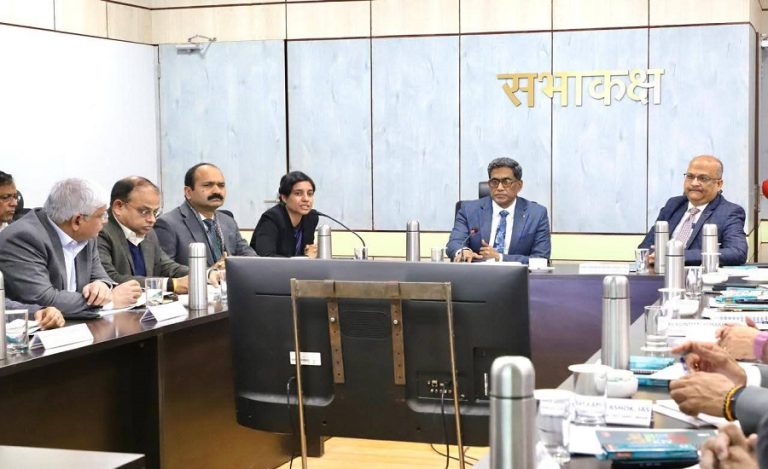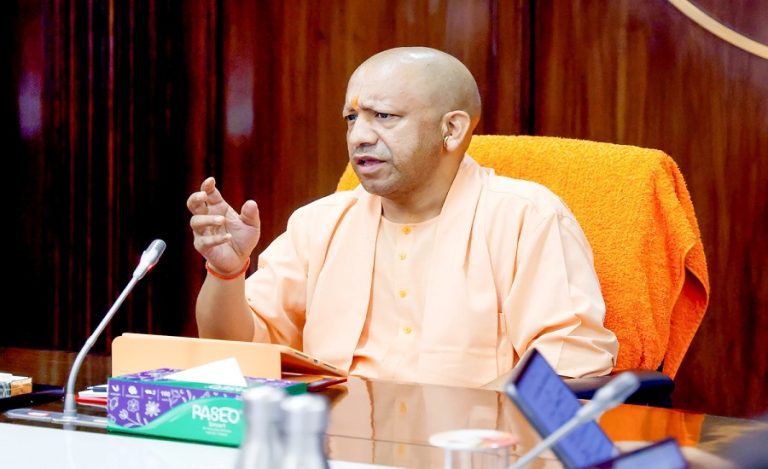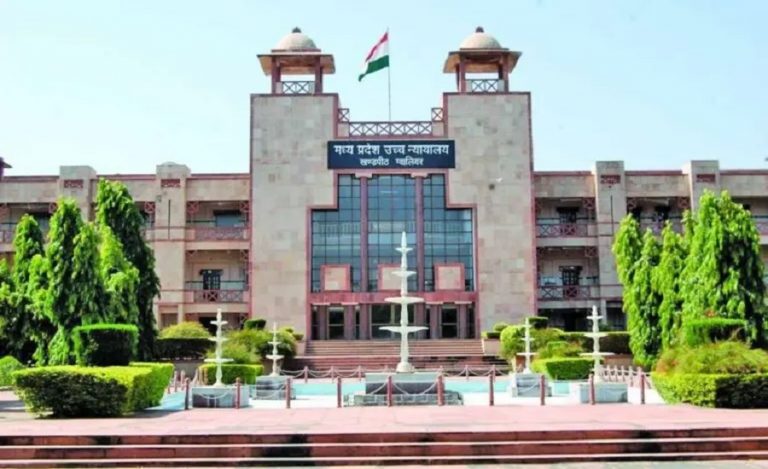Bhubaneswar, Odisha: The recent arrest of IAS officer Dhiman Chakma in Odisha on bribery charges has sent ripples of shock and disappointment through the administrative corridors and the public alike. However, what makes this case particularly jarring is not just the alleged act of corruption, but the stark revelation of a dual persona: a young officer who ardently preached honesty and morality in public forums, even as he was reportedly engaging in precisely the opposite.
Dhiman Chakma, a 2021-batch IAS officer serving as the Sub-Collector of Dharmagarh in Kalahandi district, was apprehended by the Odisha Vigilance for allegedly demanding a Rs 20 lakh bribe from a local businessman. The subsequent raid on his residence yielded a staggering Rs 47 lakh in cash, painting a grim picture of illicit accumulation. He has since been remanded to 14-day judicial custody by the Special Vigilance Court of Bhawanipatna.
The Echo of Empty Words: Honesty Lessons Gone Astray
The most unsettling aspect of Chakma’s alleged misconduct is the stark contrast with his public image. Viral videos and online lectures now circulating show him as an eloquent speaker, imparting lessons on honesty, integrity, and transparency to aspiring civil service candidates, probationary officers, and even participants in government awareness programs. He lectured on the importance of “ethical conduct during employment” and “promoting discipline and professionalism.” He emphasized “honesty, transparency and dedication when entering the service.” These were not mere platitudes; they were the very principles he purportedly stood for, leveraging his own inspiring journey as a two-time UPSC qualifier from humble beginnings in Tripura.
This dissonance between his preached ideals and alleged actions cuts deep. It forces us to question the very essence of public service ethics. Is it possible for individuals to articulate lofty principles while simultaneously harboring intentions that betray them? The case of Dhiman Chakma serves as a chilling reminder that rhetoric, however inspiring, is no substitute for genuine commitment to ethical conduct.
The Erosion of Trust: A Challenge to the Civil Service Ethos
Chakma’s story was once a beacon of hope, particularly for aspirants from the Northeast. His success, achieved without the traditional advantages of coaching networks, was celebrated as an example of meritocracy and perseverance. He even lectured at prestigious institutions like Drishti IAS, shaping the minds of future bureaucrats. Now, this narrative is irrevocably tainted.
The implications extend far beyond one individual. Such incidents erode the trust that citizens place in the civil service – an institution designed to be the backbone of governance, driven by impartiality and public welfare. When officers, who are meant to uphold the law and serve the people, are found to be engaging in such blatant acts of corruption, it casts a long shadow over the entire system. It raises critical questions: How pervasive is this disconnect between ethical training and actual practice? Are the checks and balances sufficient to prevent such breaches of trust?
The Dhiman Chakma case is not just about a bribe; it is a profound ethical challenge. It demands introspection from within the civil service and renewed vigilance from oversight bodies. For the public, it reinforces the cynical view that while noble words may be spoken, true integrity remains a rare commodity. The hope, however, must be that such stark exposures serve as catalysts for genuine reform, ensuring that those who preach honesty are the first to practice it, thereby rebuilding the fragile edifice of public trust, one ethical action at a time.




























